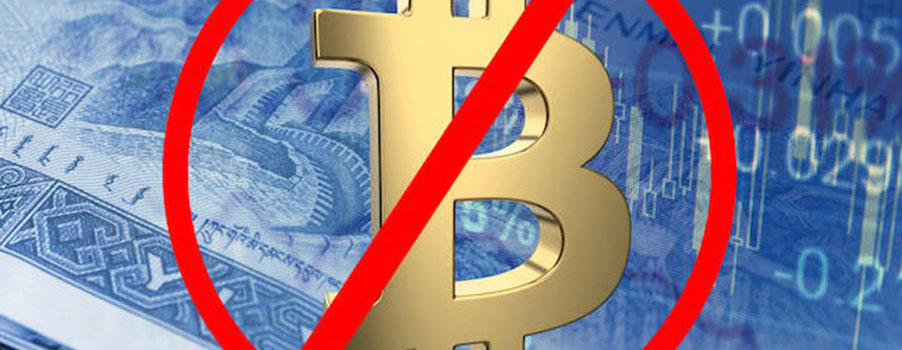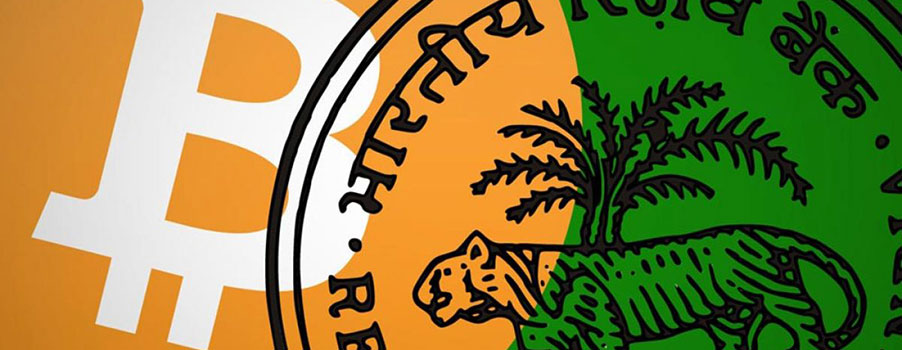As mentioned in the Friday news post, the cryptocurrency situation in India is quite unstable at the moment. Still, it is worth noting that there have been a lot of misconceptions regarding the recent decision by the Indian government with a number of media outlets claiming that India has banned trading in bitcoin, and other cryptocurrencies for that matter. This is certainly not the case. Just to be clear, the Reserve Bank of India (RBI) only cut ties between its own banks and any entity that deals with cryptocurrencies.
No Cause for Alarm?
It goes without saying that the RBI press release indeed caused quite a stir especially because it somehow translates to a total ban on bitcoin trading, depending on how one interprets it. While this is not the case, it cannot be said that there is nothing worry about since the RBI’s ultimatum is still rather significant for cryptocurrency users.
All banks that are currently servicing any entities that deal in cryptocurrencies have a three-month deadline looming over their operations. Any bank that fails to sever its ties with the crypto users the will no longer be considered as a partner of the Reserve Bank of India.
What It Implies
According to Unocoin, there is not much cause for alarm since the RBI has not deemed bitcoin as an illegal currency and there is no ban on cryptocurrencies. For now, Unocoin will continue operating as usual until the banks it is affiliated with state otherwise. The three-month ultimatum creates room for a lot of changes and adjustments but everything will become crystal clear after that. So far, the damage is going to be minimal even though this is subject to abrupt change, but such kind of change is something you get used to when you stay in the crypto-world for long.
The decision by Indian officials is not entirely surprising since the RBI has for several months now reiterated the risks associated with cryptocurrencies. As such, it is likely that many of the India cryptocurrency entities have always been prepared for such developments. In other countries, the alternative has been moving to crypto-friendly countries such as Malta and Switzerland. All that matters now is that bitcoin trading has not been banned in the country but in case it happens, there are viable options for the crypto operations. We will just have to wait and see how it all plays out.










